lattice公司的MachXO3LF-9400C是支持大多數先進可編程橋接和IO擴展的超低密度PLD系列,密度范圍從640查找表(LUT)到9400 LUT.此外,低成本可編邏輯器件具有嵌入區塊RAM(EBR),分布式RAM,鎖相環(PLL),支持用戶閃存(UFM)。采用65nm非易失低功耗工藝,特別適合用在低成本量大的系統應用如消費類電子,計算與存儲,無線通信,工業控制系統和汽車系統。本文介紹了MachXO3LF-9400C主要特性和結構圖,以及MachXO3-9400?開發板主要特性,框圖,電路圖和材料清單。
MachXO3TM device family is an Ultra-Low Density family that supports the most advanced programmable bridging and IO expansion. It has the breakthrough IO density and the lowest cost per IO. The device IO features have the integrated support for latest industry standard IO. The MachXO3L/LF family of low power, instant-on, non-volatile PLDs has five devices with densities ranging from 640 to 9400 Look-Up Tables (LUTs)。 In addition to LUT-based, low-cost programmable logic these devices feature Embedded Block RAM (EBR), Distributed RAM, Phase Locked Loops (PLLs), pre-engineered source synchronous I/O support, advanced configuration support including dual-boot capability and hardened versions of commonly used functions such as SPI controller, I2C controller and timer/counter. MachXO3LF devices also support User Flash Memory (UFM)。 These features allow these devices to be used in low cost, high volume consumer and sys-tem applications. The MachXO3L/LF devices are designed on a 65nm non-volatile low power process. The device architecture has several features such as programmable low swing differential I/Os and the ability to turn off I/O banks, on-chip PLLs and oscillators dynamically.
These features help manage static and dynamic power consumption resulting in low static power for all members of the family. The MachXO3L/LF devices are available in two versions C and E with two speed grades: -5 and -6, with -6 being the fastest. C devices have an internal linear voltage regulator which supports external VCC supply voltages of 3.3 V or 2.5 V. E devices only accept 1.2 V as the external VCC supply voltage. With the exception of power supply voltage both C and E are functionally compatible with each other. The MachXO3L/LF PLDs are available in a broad range of advanced halogen-free packages ranging from the space saving 2.5 x 2.5 mm WLCSP to the 19 x 19 mm caBGA. MachXO3L/LF devices support density migration within the same package. Table 1-1 shows the LUT densities, package and I/O options, along with other key parameters. The MachXO3L/LF devices offer enhanced I/O features such as drive strength control, slew rate control, PCI com-patibility, bus-keeper latches, pull-up resistors, pull-down resistors, open drain outputs and hot socketing. Pull-up, pull-down and bus-keeper features are controllable on a “per-pin” basis. A user-programmable internal oscillator is included in MachXO3L/LF devices. The clock output from this oscillator may be divided by the timer/counter for use as clock input in functions such as LED control, key-board scanner and similar state machines. The MachXO3L/LF devices also provide flexible, reliable and secure configuration from on-chip NVCM/Flash. These devices can also configure themselves from external SPI Flash or be configured by an external master through the JTAG test access port or through the I2C port. Additionally, MachXO3L/LF devices support dual-boot capability (using external Flash memory) and remote field upgrade (TransFR) capability. Lattice provides a variety of design tools that allow complex designs to be efficiently implemented using the MachXO3L/LF family of devices. Popular logic synthesis tools provide synthesis library support for MachXO3L/LF. Lattice design tools use the synthesis tool output along with the user-specified preferences and constraints to place and route the design in the MachXO3L/LF device. These tools extract the timing from the routing and back-anno-tate it into the design for timing verification. Lattice provides many pre-engineered IP (Intellectual Property) LatticeCORE? modules, including a number of reference designs licensed free of charge, optimized for the MachXO3L/LF PLD family. By using these configurable soft core IP cores as standardized blocks, users are free to concentrate on the unique aspects of their design, increasing their productivity.
MachXO3LF-9400C主要特性:
Solutions
? Smallest footprint, lowest power, high data throughput bridging solutions for mobile applications
? Optimized footprint, logic density, IO count, IO performance devices for IO management and logic applications
?High IO/logic, lowest cost/IO, high IO devices for IO expansion applications
?Flexible Architecture
? Logic Density ranging from 640 to 9.4K LUT4
?High IO to LUT ratio with up to 384 IO pins
?Advanced Packaging
? 0.4 mm pitch: 1K to 4K densities in very small footprint WLCSP (2.5 mm x 2.5 mm to ? 3.8 mm x 3.8 mm) with 28 to 63 IOs
? 0.5 mm pitch: 640 to 9.4K LUT densities in ? 6 mm x 6 mm to 10 mm x 10 mm BGA packages with up to 281 IOs
?0.8 mm pitch: 1K to 9.4K densities with up to 384 IOs in BGA packages
Pre-Engineered Source Synchronous I/O
? DDR registers in I/O cells
? Dedicated gearing logic
? 7:1 Gearing for Display I/Os
?Generic DDR, DDRx2, DDRx4
High Performance, Flexible I/O Buffer
? Programmable sysIOTM buffer supports wide range of interfaces:
— LVCMOS 3.3/2.5/1.8/1.5/1.2
— LVTTL
— LVDS, Bus-LVDS, MLVDS, LVPECL
— MIPI D-PHY Emulated
— Schmitt trigger inputs, up to 0.5 V hysteresis
?Programmable pull-up or pull-down mode
? Ideal for IO bridging applications
? I/Os support hot socketing
? On-chip differential termination
Flexible On-Chip Clocking
? Eight primary clocks
? Up to two edge clocks for high-speed I/O inter-faces (top and bottom sides only)
? Up to two analog PLLs per device with frac-tional-n frequency synthesis
— Wide input frequency range (7 MHz to 400 MHz)
?Non-volatile, Multi-time Programmable
? Instant-on
— Powers up in microseconds
? Optional dual boot with external SPI memory
? Single-chip, secure solution
? Programmable through JTAG, SPI or I2C
? MachXO3L includes multi-time programmable NVCM
? MachXO3LF infinitely reconfigurable Flash
— Supports background programming of non-volatile memory
TransFR Reconfiguration
?In-field logic update while IO holds the system state
Enhanced System Level Support
? On-chip hardened functions: SPI, I2C, timer/ counter
? On-chip oscillator with 5.5% accuracy
? Unique TraceID for system tracking
? Single power supply with extended operating range
? IEEE Standard 1149.1 boundary scan
?IEEE 1532 compliant in-system programming
MachXO3LF-9400C應用:
? Consumer Electronics
? Compute and Storage
? Wireless Communications
? Industrial Control Systems
?Automotive System
Low Cost Migration Path
? Migration from the Flash based MachXO3LF to the NVCM based MachXO3L
? Pin compatible and equivalent timing
The MachXO3L/LF family architecture contains an array of logic blocks surrounded by Programmable I/O (PIO)。 All logic density devices in this family have sysCLOCK? PLLs and blocks of sysMEM Embedded Block RAM (EBRs)。
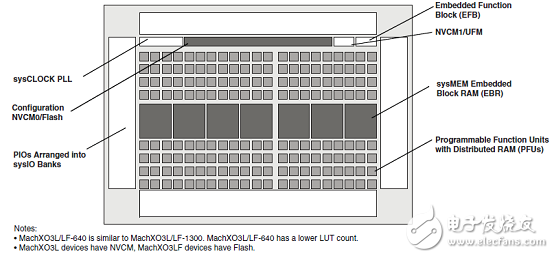
圖1.MachXO3L/LF-1300器件結構圖
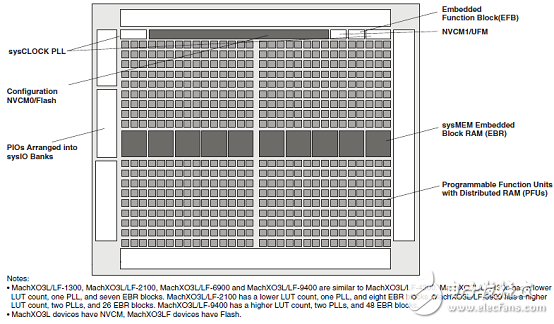
圖2.MachXO3L/LF-4300器件結構圖
MachXO3-9400?開發板
The Lattice Semiconductor MachXO3-9400? Development Board allows designers to investigate and experiment with the features of the MachXO3 complex programmable logic device (CPLD) and the L-ASC10 (L-Analog Sense and Control 10 rails) hardware management expander. The features of the MachXO3-9400 Development Board can assist engineers with the rapid prototyping and testing of their specific designs.The MachXO3-9400 Development Board is part of the MachXO3-9400 Development Kit, which includes the following:
MachXO3-9400 Development Board pre-loaded with the demo design
Mini USB cable
QuickStart Guide
Along with the MachXO3LF-9400 CPLD, the MachXO3-9400 Development Board also features an L-ASC10 device to enable designers to easily evaluate hardware management design and expand the usability of the MachXO3LF-9400 with Arduino, Raspberry, FX12, Versa and Aardvark headers.
MachXO3-9400?開發板主要特性:
LCMXO3LF-9400C CPLD demonstration with L-ASC10 for simple hardware management including voltage, current and temperature monitoring
General Purpose Input/Output (GPIO) interface with Arduino and Raspberry Pi boards
USB-B connection for device programming and Inter-Integrated Circuit (I2C) utility
On-board Boot Flash–16 Mbit Serial Peripheral Interface (SPI) Flash, with Quad read feature for user’s application
4-position DIP Switches, 4 push buttons and 16 LEDs for demo purposes
Diamond? programming support
Multiple reference clock sources
Two Hirose FX12-40 header positions (DNI)
Aardvark header (DNI)
圖3.MachXO3-9400?開發板頂視圖
圖4.MachXO3-9400?開發板底視圖
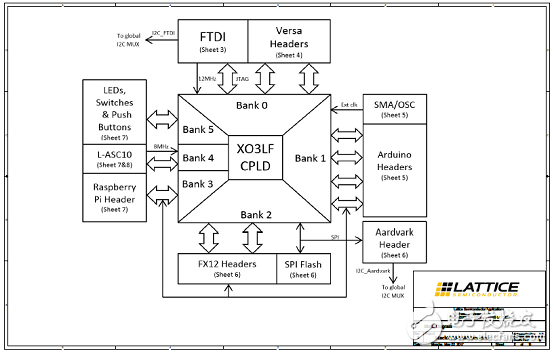
圖5.MachXO3-9400?開發板框圖
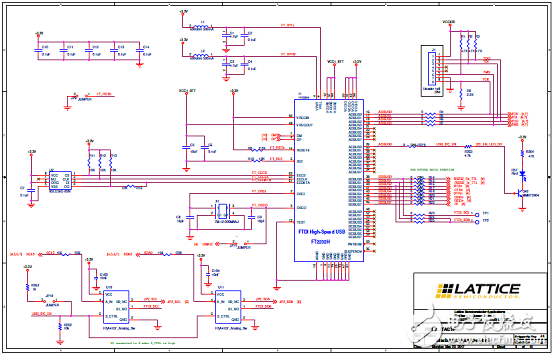
圖6.MachXO3-9400?開發板電路圖(1):USB到JTAG I/F
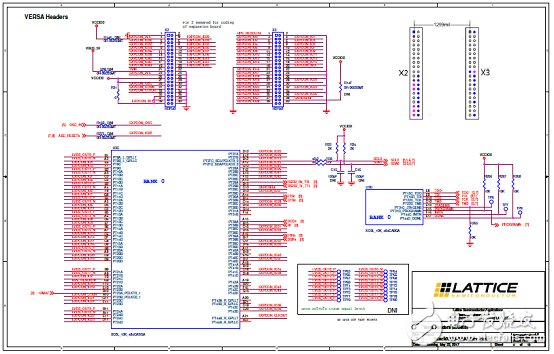
圖7.MachXO3-9400?開發板電路圖(2):VERSA插座(BANK0)
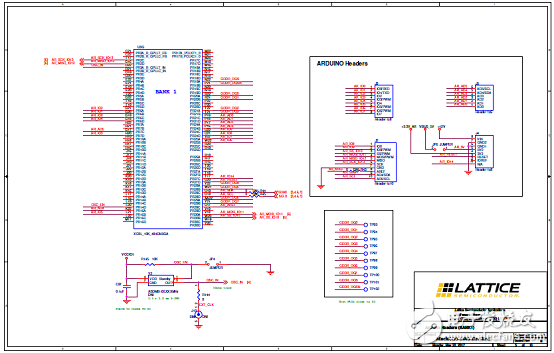
圖8.MachXO3-9400?開發板電路圖(3):Arduino插座(BANK1)
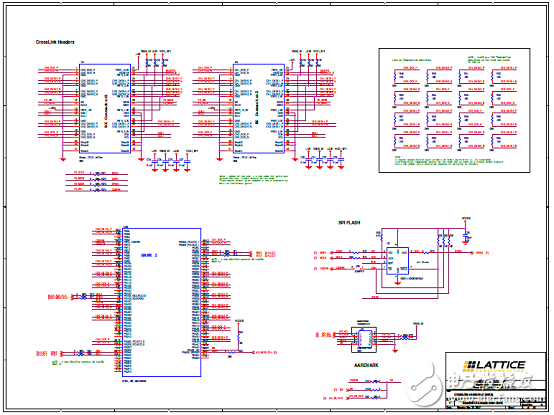
圖9.MachXO3-9400?開發板電路圖(4):CrossLink插座(BANK2)
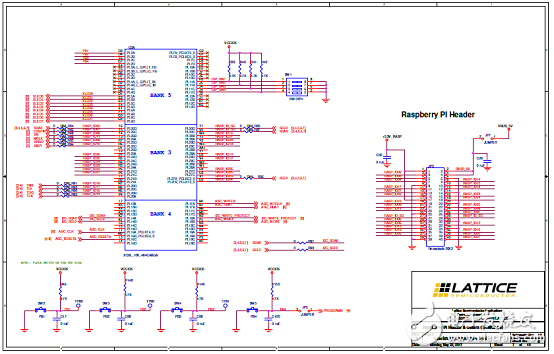
圖10.MachXO3-9400?開發板電路圖(5):Raspberry Pi插座和其它(BANK3,BANK4,BANK5)
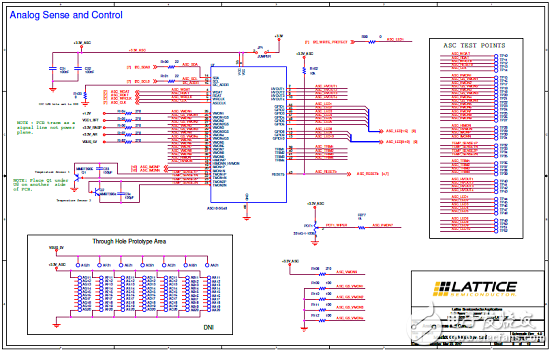
圖11.MachXO3-9400?開發板電路圖(6):模擬檢測和控制
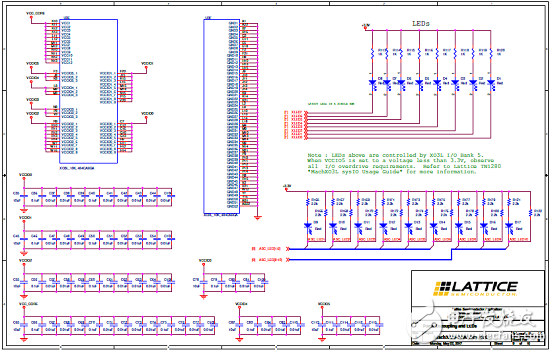
圖12.MachXO3-9400?開發板電路圖(7):電源去耦和LED
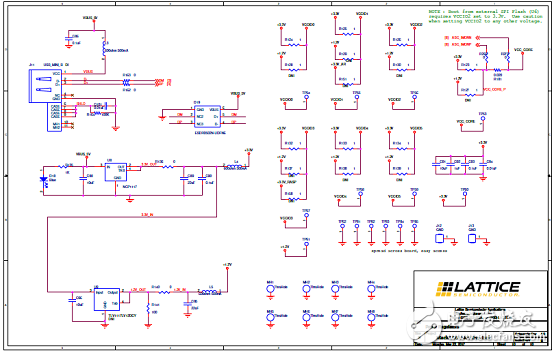
圖13.MachXO3-9400?開發板電路圖(8):電源穩壓器
MachXO3-9400?開發板材料清單:
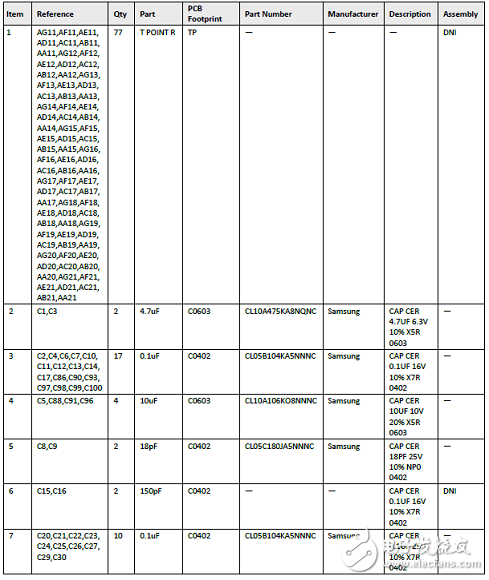
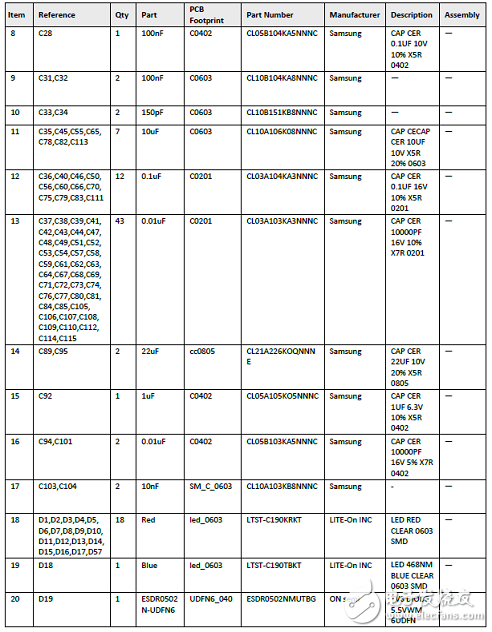
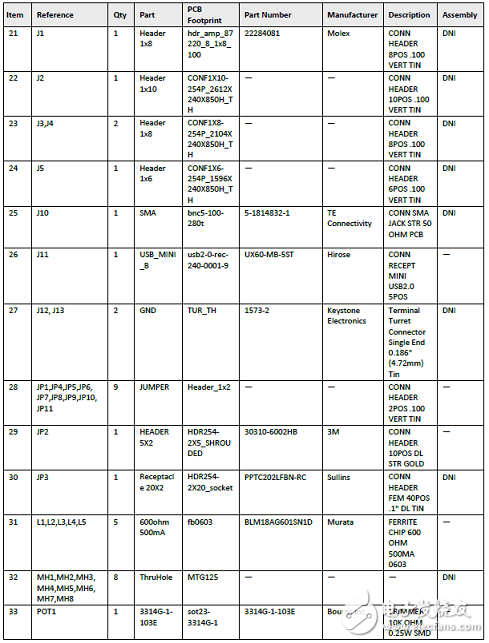
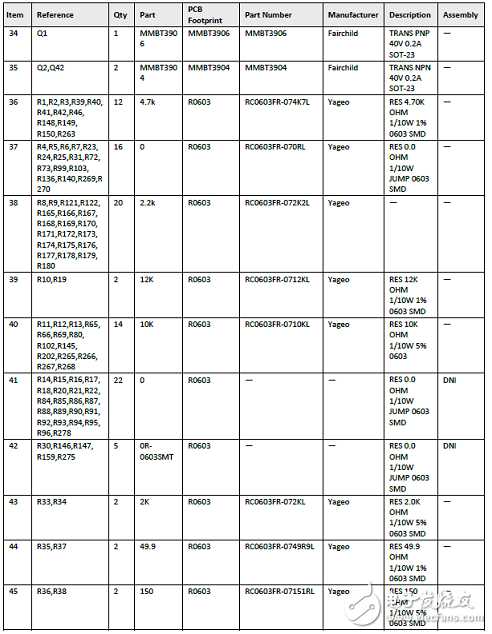
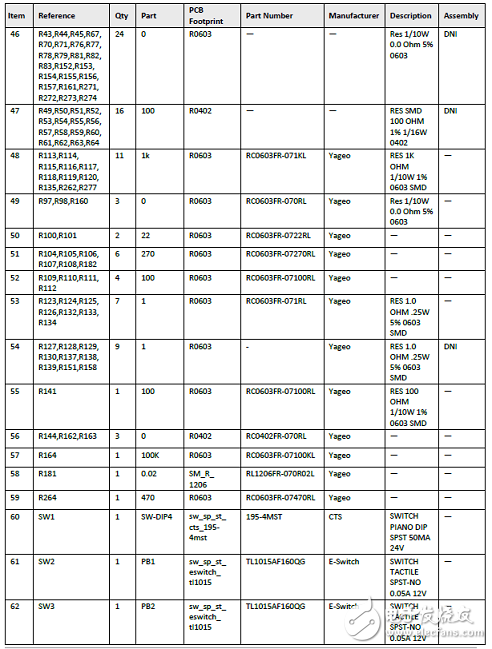
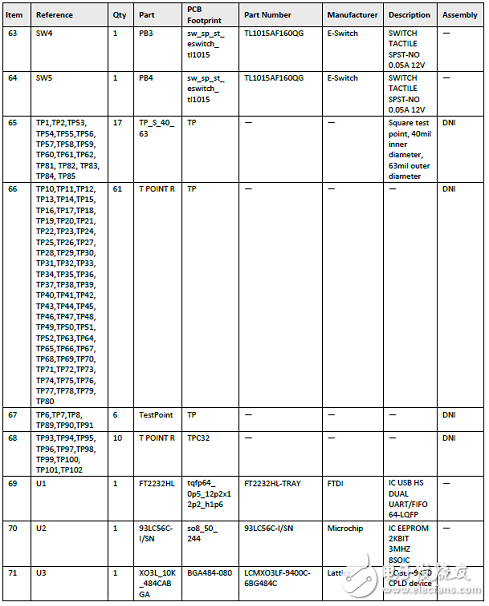
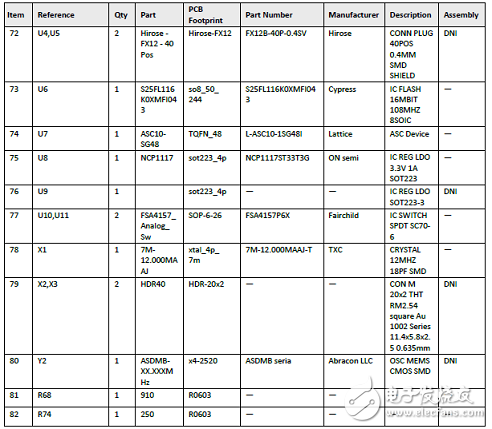
 電子發燒友App
電子發燒友App









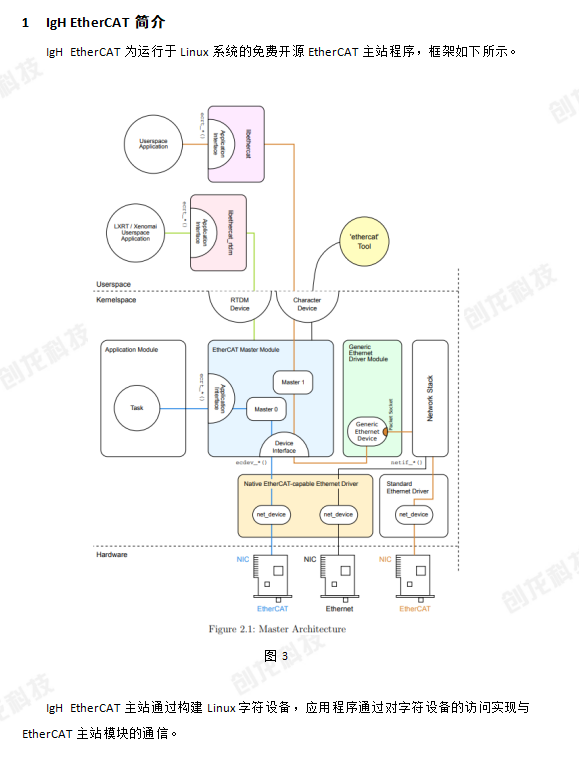
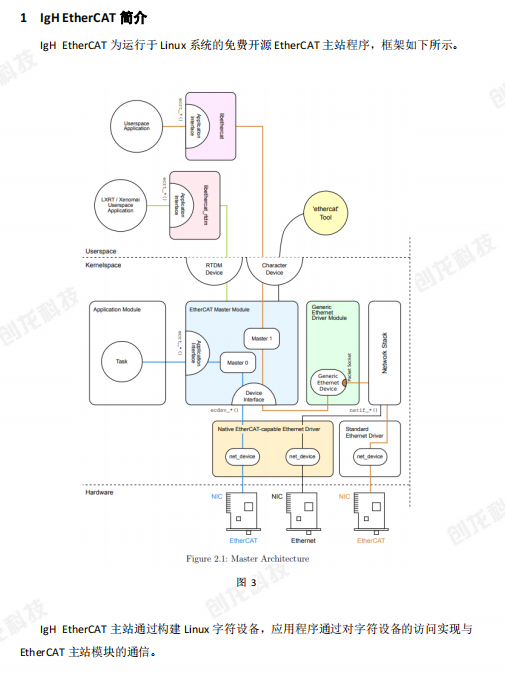
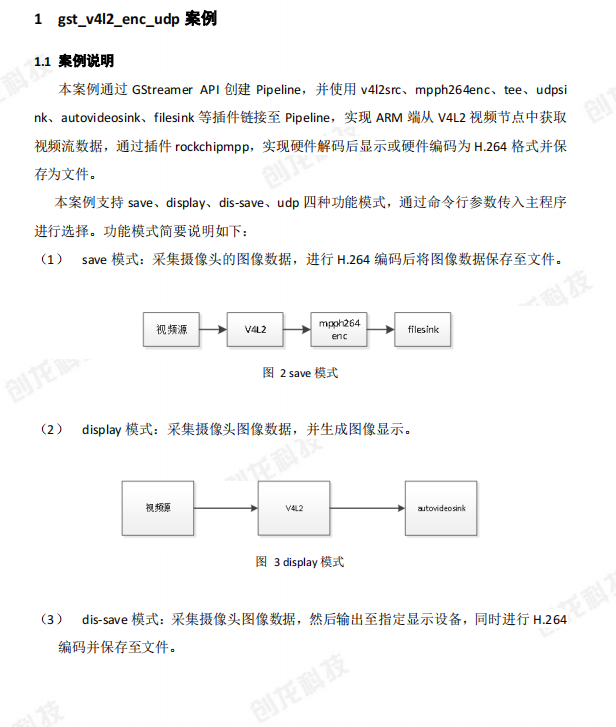
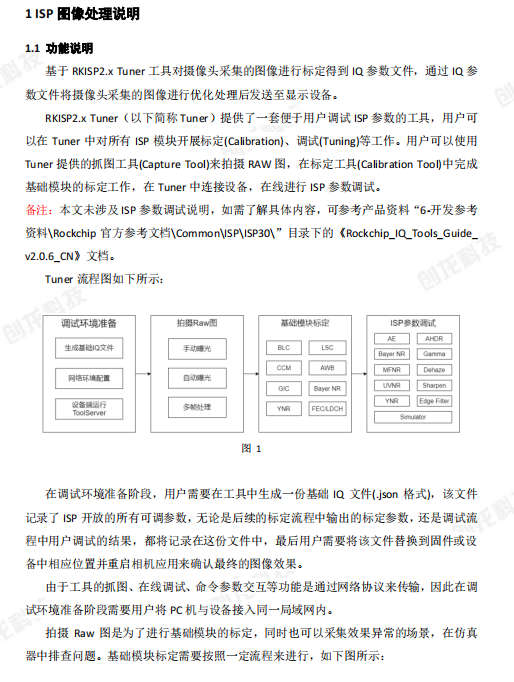
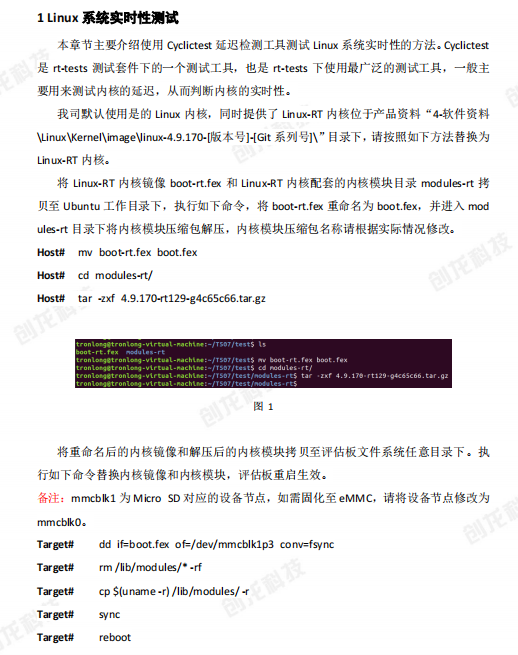
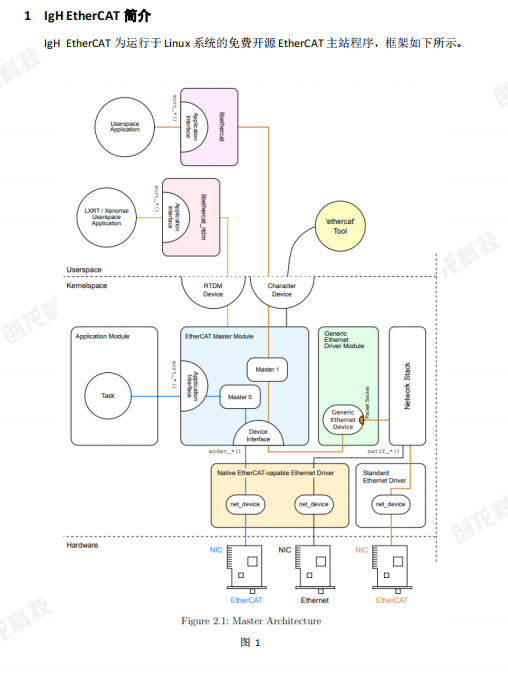
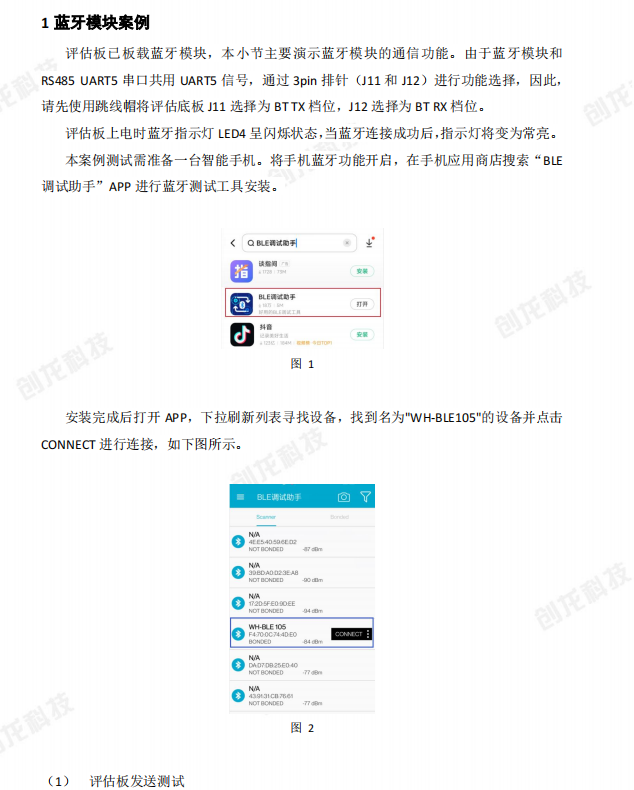
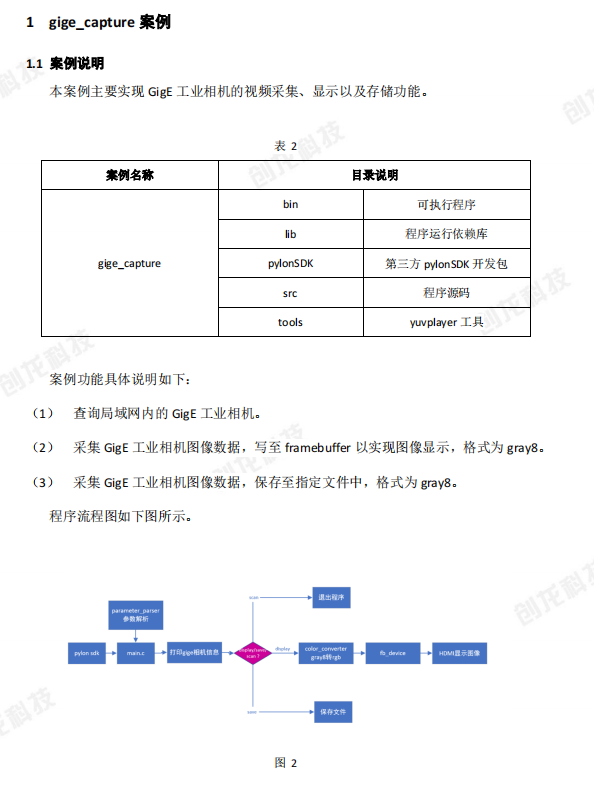

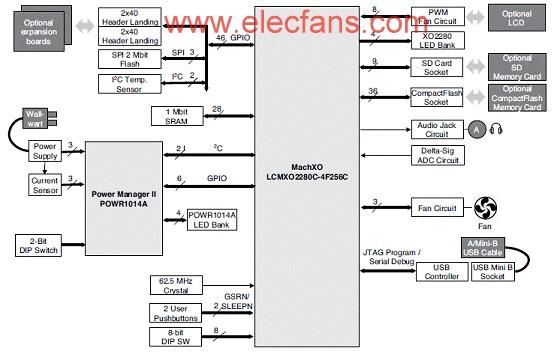

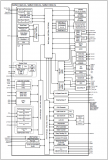
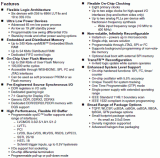

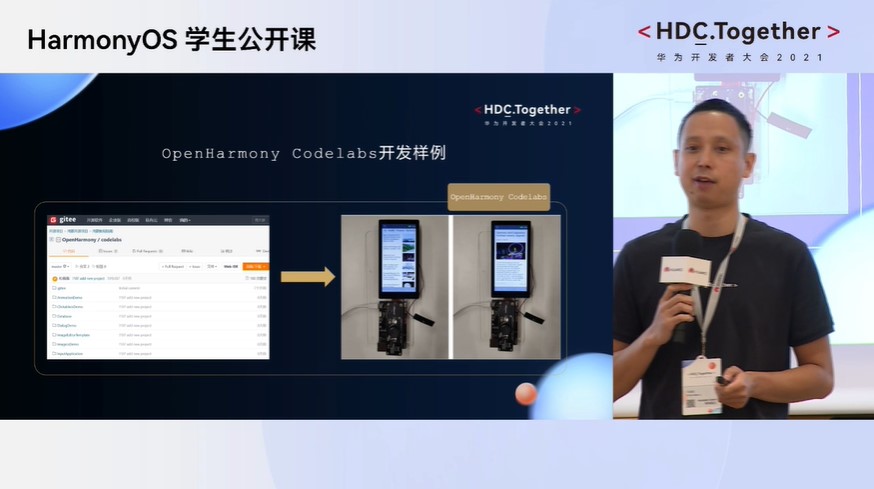



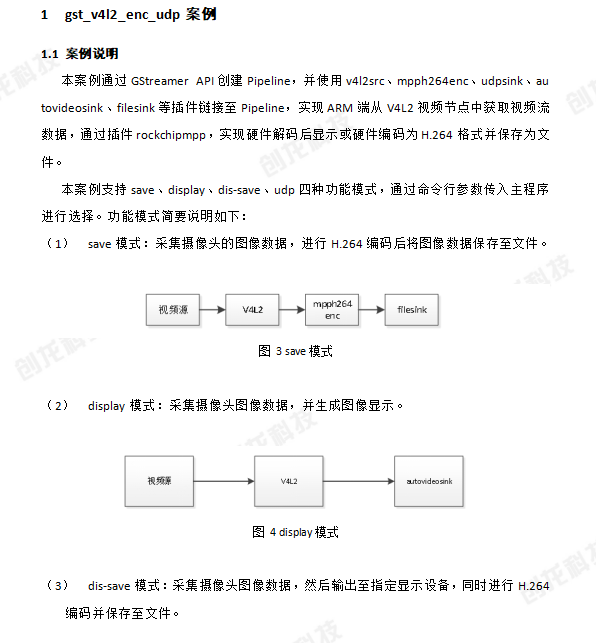
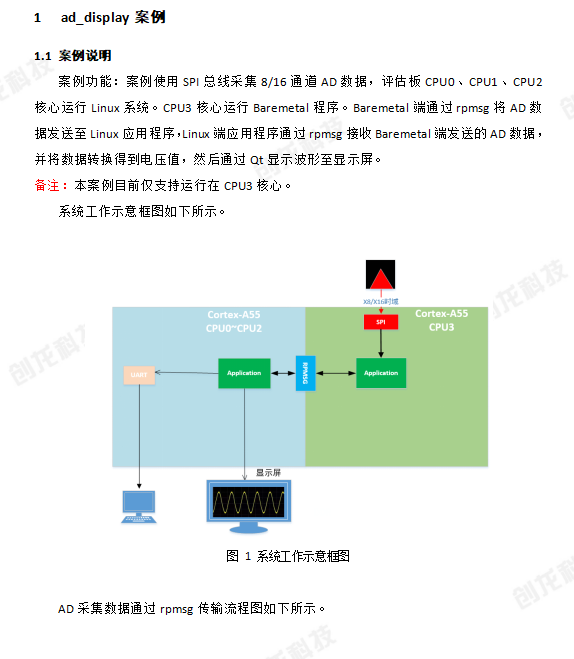
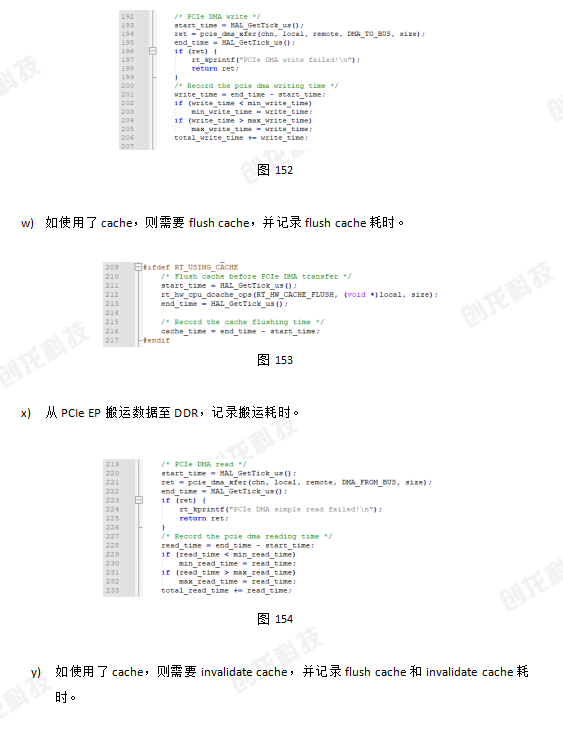
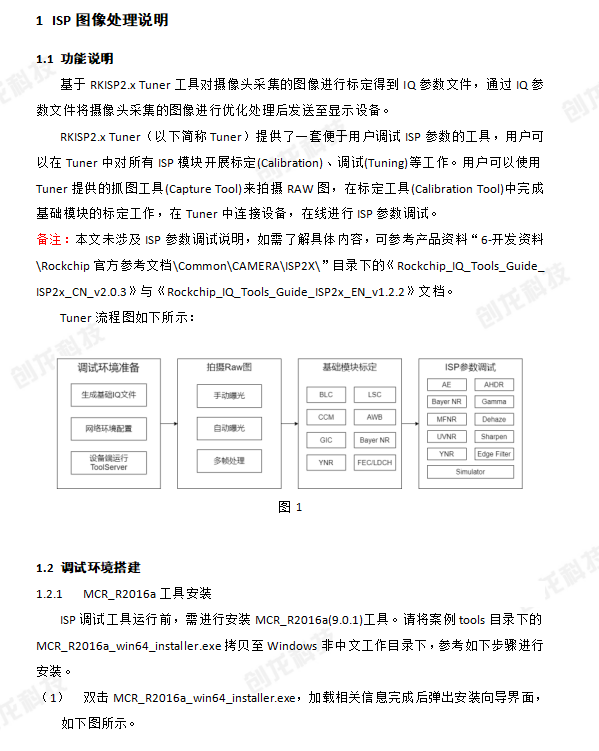
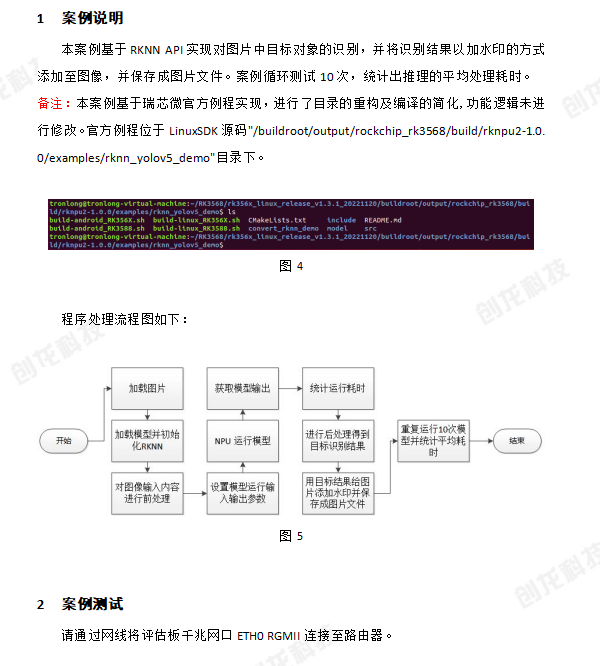
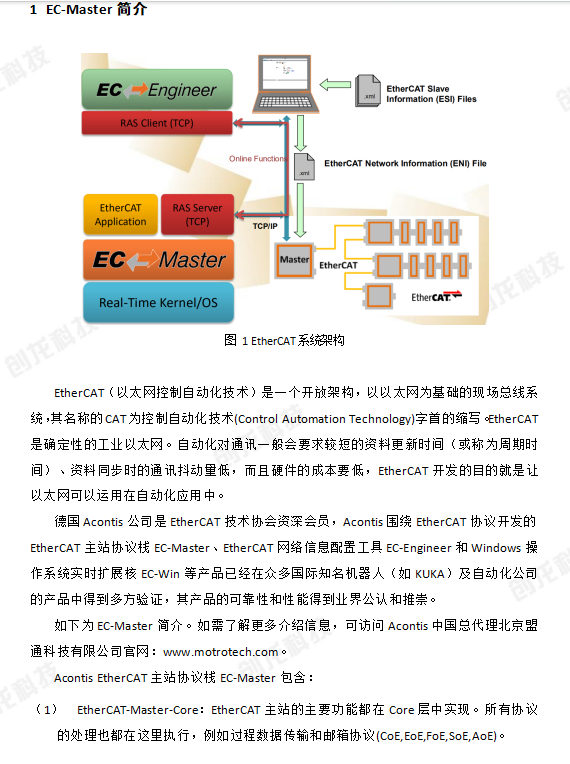
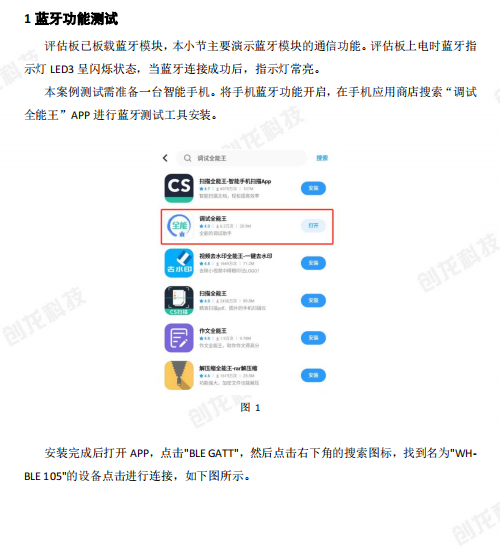










評論